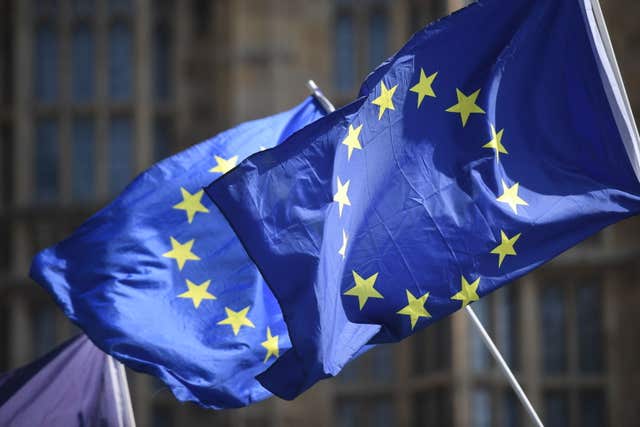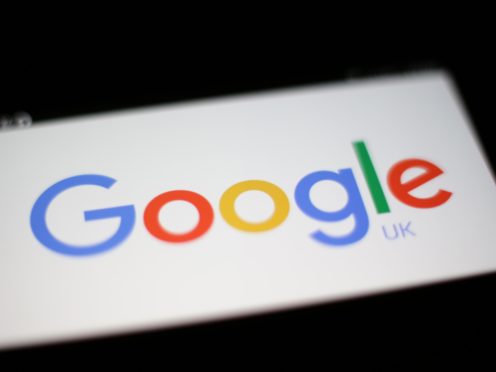EU member states have given the green light to controversial copyright changes in the latest step aimed at making tech giants more responsible for paying creatives, musicians and news outlets more fairly for their work online.
Nineteen countries, including the UK, voted in favour, while six countries voted against and three abstained.
European Commission president Jean-Claude Juncker hailed the move as the “missing piece of the puzzle” for completing Europe’s digital single market.
“With today’s agreement, we are making copyright rules fit for the digital age. Europe will now have clear rules that guarantee fair remuneration for creators, strong rights for users, and responsibility for platforms,” Mr Juncker said.
Italy, Luxembourg, the Netherlands, Poland, Finland and Sweden were among the countries which voted against, and Belgium, Estonia and Slovenia opted to abstain from voting.

The latest vote comes after the majority of MEPs approved the divisive reforms in March and rejected making any individual amendments by a slim majority of five votes.
Supporters in the creative, music and journalism industries have long argued that the Copyright Directive will enable content-makers to be fairly paid for their work, while opponents, including the tech giants themselves, fear the changes will have an impact on freedom of speech and expression online.
Two parts, Article 11 and Article 13, have been the most contentious since talks started, with the likes of YouTube warning that viewers across the EU could be cut off from videos.
Musicians Sir Paul McCartney and Debbie Harry were among the most vocal supporters of the changes, alongside a number of groups including the European Alliance of News Agencies, which argued that it provides an opportunity to further develop quality news services and enables it to compete more fairly with tech giants.
Former goreign secretary Boris Johnson criticised the reforms last month, calling it a “classic EU law to help the rich and powerful” and a “good example of how we can take back control”.
EU member states will have two years to implement the reforms, although it is not clear what it would mean for the UK in the face of Brexit uncertainty.
The EU’s new copyright law is terrible for the internet. It’s a classic EU law to help the rich and powerful, and we should not apply it. It is a good example of how we can take back control
— Boris Johnson (@BorisJohnson) March 27, 2019
“This is a deeply disappointing result which will have a far-reaching and negative impact on freedom of speech and expression online,” said Catherine Stihler, chief executive of the Open Knowledge Foundation.
“The controversial crackdown was not universally supported, and I applaud those national governments which took a stand and voted against it.
“We now risk the creation of a more closed society at the very time we should be using digital advances to build a more open world where knowledge creates power for the many, not the few.
“But the battle is not over. Next month’s European elections are an opportunity to elect a strong cohort of open champions at the European Parliament who will work to build a more open world.”
